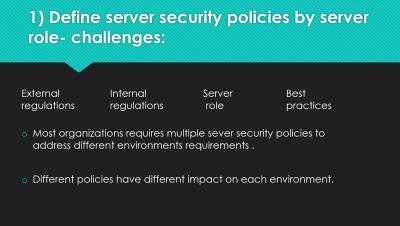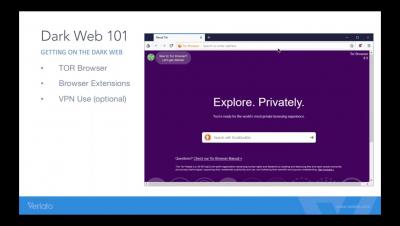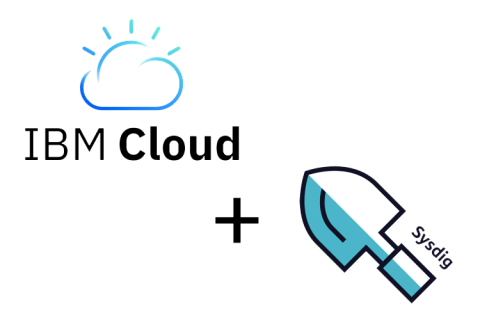Security | Threat Detection | Cyberattacks | DevSecOps | Compliance
%term
A cyber security health check for the most vulnerable
Having covered the start-up vs corporate question before, we thought we would look into which industry is currently most at risk of cyber attack. According to the Wikipedia entry ‘list of data breaches’, which contains a list of data breaches (spoilers), out of 255 data breaches over the last 15 years, historically, the hardest hit industry was ‘web’.
Weekly Cyber Security News 15/02/2019
A selection of this week’s more interesting vulnerability disclosures and cyber security news. My heart goes out to a victim of a hack this week, an email provider who lost the lot. OK, how the guys got in leads to some questions, however the total, wilful destruction is heart breaking.
Single Sign-On for Kubernetes: An Introduction
One of the great things about Kubernetes is that it completely separates authentication and authorization. Authentication (Authn) meaning the act of identifying who the user is and authorization (Authz) meaning the act of working out if they’re allowed to perform some action. This can be thought of in terms of a Passport and a Visa.
Revealing the Darkweb How to Leverage Technologies to Alert and Block Darkweb Access
Getting Compliant and Staying Agile
Adventures of Cyber Security Monitoring During 2018 U.S. Midterm Elections
With all the Russian election hacking scandals in the news during and after the 2016 Presidential election, curiosity consumed me to architect and run an experiment to see if I could monitor changes in the threat landscape in either Moscow, Russia or Washington D.C. during the 2018 U.S. midterm elections.
Risk Management Process For Insurance Companies
Insurance companies know how to insure their clients’ homes, cars, and businesses, but they may find it difficult to ensure that the information they collect remains secure. While the insurance industry focuses on risk-based analyses for premiums, it needs to focus internally and use those same risk management processes for securing customer information.
To Agent or Not to Agent: That Is the Vulnerability Management Question
With the evolution of technology comes new approaches to solving problems. Sometimes a new approach fixes the problem; sometimes it creates new ones. The good thing is as folks who work in fast-paced, high-tech environment, we information security professionals are great at quickly analyzing the new technologies and applying them to our daily lives. …Or so we thought!
Sysdig and IBM to collaborate on IBM Cloud Private & IBM Multicloud Manager container monitoring and security
Today at Think 2019 we’re announcing our intent to work with IBM to support the Sysdig Cloud-Native Intelligence Platform on IBM Cloud Private and IBM Multicloud Manager. By supporting IBM Multicloud Manager and IBM Cloud Private, Sysdig will help IBM customers accelerate the transition to cloud architectures.









